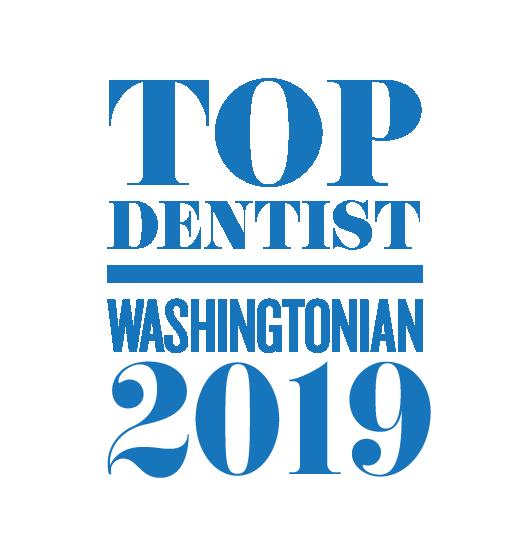Two studies suggest that periodontal diseases should be a concern to women of all ages
CHICAGO — Two studies in the Journal of Periodontology (JOP) suggest that periodontal diseases are a threat to women of all ages due to hormonal fluctuations that occur at various stages of their lives.
One study looked at 50 women who were between the ages of 20 to 35 with varying forms of periodontitis. The study found that women who currently were taking oral contraceptive pills had more gingival bleeding upon probing and deeper periodontal pockets (signs of periodontitis) than those who were not taking oral contraceptive pills.
“Younger women often think that periodontal disease is a condition associated with old age,” explained study author Brian Mullally, PhD. “Our study shows that it is very possible for younger women to experience periodontal disease. It is important for women to alert their dental practitioners about any medications they are taking, such as oral contraceptive pills, because it is possible that their oral health may be affected. It might also be prudent where possible for young women to ensure that their periodontal health has been checked before commencing oral contraceptive therapy.”
Another study in this month’s issue of the JOP examined 1,256 postmenopausal women and looked for a potential association between periodontal bacteria and bone loss in the oral cavity. The study results showed that women with periodontal bacteria in their mouths were also more likely to have bone loss in the oral cavity, which can lead to tooth loss if not treated.
“Our study’s findings are important for postmenopausal women because they suggest that good periodontal health is extremely important in the postmenopausal years,” said study author Renee Brennan, PhD. “We found that oral bone loss was associated with presence of oral bacteria. In fact, 62% of the women in our study had at least one species of subgingival bacteria present, and the women with these bacteria had more evidence of oral bone loss. Interestingly, women who had a Body Mass Index in the overweight range were much more likely to have oral bone loss associated with presence of oral bacteria. Oral bone loss has been associated with osteoporosis in this group as well. This association has been difficult to study because many risk factors for periodontal disease andosteoporosis—including smoking, age, medications, and overall general health—are similar. It should be noted that our study was limited in that it included a relatively healthy group of mostly Caucasian women and that future studies are needed to determine the effects of periodontal bacteria on bone loss in other groups of postmenopausal women.”
“Taking care of your teeth and gums is a lifelong commitment,” explained Preston D. Miller, DDS and AAP president.“Women should pay special attention to their oral health as they enter different stages of their lives because additional periodontal care may be needed during different points such as the reproductive years or menopause. Knowing your ‘pocket size’ depth can be a good way for women to keep track of their periodontal health; periodontal pockets of one to two millimeters with no bleeding are not a concern but pockets of three and four millimeters may need a more in depth cleaning called scaling and root planing.”
© American Academy of Periodontology and Perio.org, 08/18/2011









